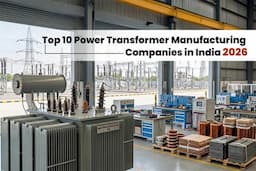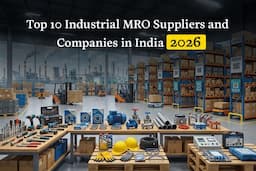A rapid transit (MRT) system, the Mumbai Metro is designed to curb traffic congestion in the city and supplement the already overcrowded Mumbai Suburban Railway network. Currently, Mumbai Metro consists of one operational line, i.e. (Line 1- From Versova to Ghatkopar), and four lines under varying stages of construction.
Salvation From the Daily Hustle and Bustle
Carrying over 5000 passengers daily, today’s suburban trains are overflowing against their design capacity of 1750, leading to a rise in noise and dust pollution. The upcoming metro lines will reduce this load by nearly 50%, sparing commuters the chaos and bringing in more comfort.
A Phenomenal Addition to Mumbai’s Urban Infrastructure
To combat the city’s linear geometry that makes it difficult to expand horizontally, a Metro along the Trans Harbor Link of Mumbai (MTHL) to connect Sewri with Nhava Sheva had been proposed.
This developmental project would reduce the current travel time of 120 minutes to 20 making it the second-longest sea link in the world in the pipeline.
The 21.80 km long MTHL project is expected to be finished by September 2023 as around 50 percent of work has been completed so far. The 6-lane MTHL project will open doors of direct access to Navi Mumbai, Navi Mumbai International Airport, Mumbai-Pune Expressway, and further towards Southern India.
Across Mumbai’s Harbor, the MTHL will pass over Sewri mudflats, Pir Pau Jetty, and Thane Creek channels; while on the Sewri-end, a three-level interchange will connect the Sewri-Worli Connector and Eastern Freeway. The Navi Mumbai’s bridge has an interchange each at Shivaji Nagar and Chirle.
This multimodal transport system upon completion will be used by approximately 39,000 vehicles diversifying the load and releasing the strain on the existing infrastructure.
In the post-COVID19 era, the mandate to reimagine mobility projects like MTHL and Mumbai Metro will achieve more significance because of the synergy between the Rail and the Public Transport.
The Ramification of Mumbai Metro on Mumbaikars’ Quality of Living:
The increase in traffic congestion makes it incredibly challenging for freight and delivery service operators to maintain reliable schedules, affecting supply chain business involving public and private sector operators.
From the perspective of both the residents of the city, shippers and carriers, there are day-to-day cost implications, risks, and returns associated with traffic congestion leading to ineffective supply chain management.
A study dubbed that by 2031, Mumbai Metro will cut congestion from 95% to 9% in MMR. The upcoming projects are all focused on enhancing the comfort and security of Mumbaikars at a minimal cost.
De-congested roads lead to improved quality of living, and stakeholders in the supply chain can primarily benefit from it. A robust supply chain is essential for smooth and on-time project delivery.
A Digital Procurement Solutions Approach for New-Age Contractors
As one can imagine, an infrastrutcure project of many moving parts needs intense coordination in procurement and the supply chain of raw materials, consumables, and made-to-order manufacturing solutions.
A single missing link in the chain results in labor inefficiency, time delays, and a bloated budget. Some key takeaways for EPC companies, contractors, and suppliers to usher in a transformation in crucial infrastructure projects:
- Adopt a flexible, reliable, and digital procurement solution to reduce the PR to PO cycle. A slight reduction in the time cycle can have a lasting impact on costs.
- Digital procurement enables end-to-end flexibility and transparency of the procurement chain, involving many materials like TMT bars, cement plates, and ready mix concrete.
To know more about how an EPC solution can work for your construction or infrastructure project, reach out to Moglix. Explore the best raw material procurement solutions for infrastructure companies. Click here to know more: https://business.moglix.com/our-solutions/infrastructure




